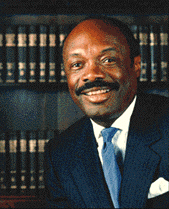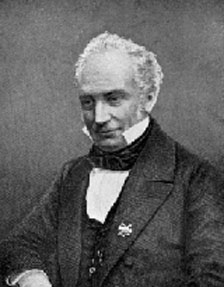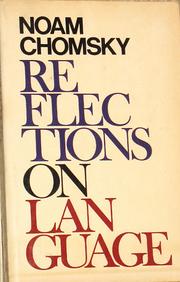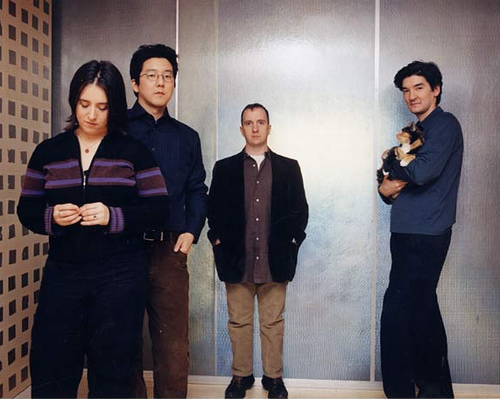 |
| Brugge, Belguim |
September 30
1920: In the wake of the First World War, Belgium abolishes the linguistic rights of its German-speaking minority. German regains its co-official status twelve years later.
 |
| Brugge, Belguim |
 |
| Elizabeth Elstob |

 |
| Noah Webster |
 |
| Flag of the European Union |
 |
| Palace of Europe in Strasbourg |
 |
| Issyk-Kul, Kyrgyzstan |
 |
| Antoine Meillet |
 |
| Yang Huanyi |
 |
| Willie Brown |
 |
| Cardinal Mezzofanti |
 |
| Dan Everett |
| Henry Sweet |
 |
| Franz Bopp |
 |
| A Klingon |
 |
| Peter Mark Roget |
 |
| N. Chomsky |
 |
| Chomsky’s Reflections on Language |
 |
| Grace Murray Hopper |
 |
| Edward Sapir |
 |
| The Magnetic Fields |
 |
| Esquema
de la máquina diccionario de Troyanskii (1933) |
 |
| Browning, Montana |
 |
| Hans Conon von der Gabelentz |
 |
| Charles E. Osgood |
 |
| Randy LaPolla |